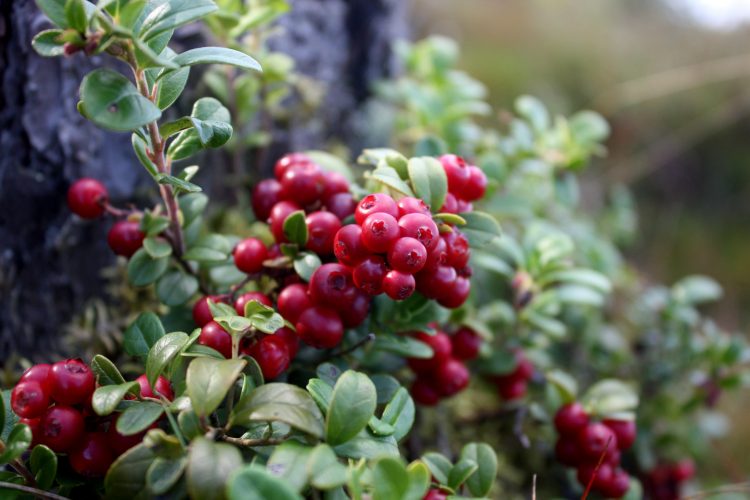Nordic diet could lead to healthier-eating babies, claims research
- Like
- Digg
- Del
- Tumblr
- VKontakte
- Buffer
- Love This
- Odnoklassniki
- Meneame
- Blogger
- Amazon
- Yahoo Mail
- Gmail
- AOL
- Newsvine
- HackerNews
- Evernote
- MySpace
- Mail.ru
- Viadeo
- Line
- Comments
- Yummly
- SMS
- Viber
- Telegram
- Subscribe
- Skype
- Facebook Messenger
- Kakao
- LiveJournal
- Yammer
- Edgar
- Fintel
- Mix
- Instapaper
- Copy Link
Posted: 23 June 2022 | New Food | No comments yet
Research from Sweden and the US has suggested that feeding babies a lower-protein Nordic style diet could increase fruit and vegetable consumption.


Lingonberry is a common fruit in the Nordic diet
Starting babies and toddlers on a lower protein Nordic-style diet with a greater focus on plant-based food may be the key to healthier eating habits, according to new research1 being presented today at the 54th Annual Meeting of the European Society of Paediatric Gastroenterology, Hepatology and Nutrition (ESPGHAN).
Babies fed taster portions of the new Nordic diet of fruit, berries, roots, and vegetables, as well as breast or formula milk, from the age of four to six months of age, were eating almost double the number of vegetables (46 percent more), than those fed a conventional diet, by 18 months of age.
Researchers from the University of Umeå in Sweden, Stockholm County Council Centre for Epidemiology, and the University of California in the US followed two groups of babies from four to six months through to 18 months, as part of the OTIS trial (see editor’s notes below). A total of 250 babies took part and 82 percent completed the trial.
The study found marked differences in the dietary habits of the toddlers in the two groups. Those on the new Nordic diet, who had been supplied with Nordic home-made baby food recipes, protein-reduced baby food products, and offered parental support via social media, consumed 42-45 percent more fruit and vegetables at 12-18 months of age, compared to those who were fed the conventional diet currently recommended by the Swedish Food Agency.
While fruit consumption within the conventional group remained consistent, babies fed the conventional diet reduced their vegetable intake by 36 percent between 12-18 months.
Babies on the Nordic diet had an average protein intake 17-29 percent lower than those on the conventional diet at 12-18 months of age. This was still within recommended protein intake levels and the overall calorie count between the two groups was the same. The protein reduction in the Nordic diet group was replaced by more carbohydrates from vegetables, not more cereals, together with some extra fat from rapeseed oil.
Lead researcher Dr Ulrica Johansson, a Medicine Doctor in paediatrics and registered dietitian at the University of Umeå, Sweden, said there did not appear to be any negative effects from having a lower protein intake.
“A Nordic diet with reduced protein introduced to infants naive to this model of eating, increased the intake of fruit, berries, vegetables, and roots, establishing a preferable eating pattern lasting over a 12-month period,” said Dr Johansson.
“There were no negative effects on breastfeeding duration, iron status or growth.
“A Nordic diet reduced in protein is safe, feasible and may contribute to sustainable and healthy eating during infancy and early childhood,” she added.
The Nordic diet has a higher intake of regionally and seasonally produced fruit, berries, vegetables, herbs, mushrooms, tubers, and legumes, as well as whole grains, vegetable fats and oils, fish and eggs, and a lower intake of sweets, desserts and dairy, meat, and meat products.
Typical Nordic fruits include the lingonberry, buckthorn berry, cranberry, raspberry, and blueberry, as well as fibre-rich vegetables such as turnip, beets, swede, root celery, carrots, parsnip, cabbage, broccoli, cauliflower and kale.
Related topics
Health & Nutrition, Plant based, Research & development, The consumer
Related organisations
Stockholm County Council Centre for Epidemiology, University of California, University of Umeå









